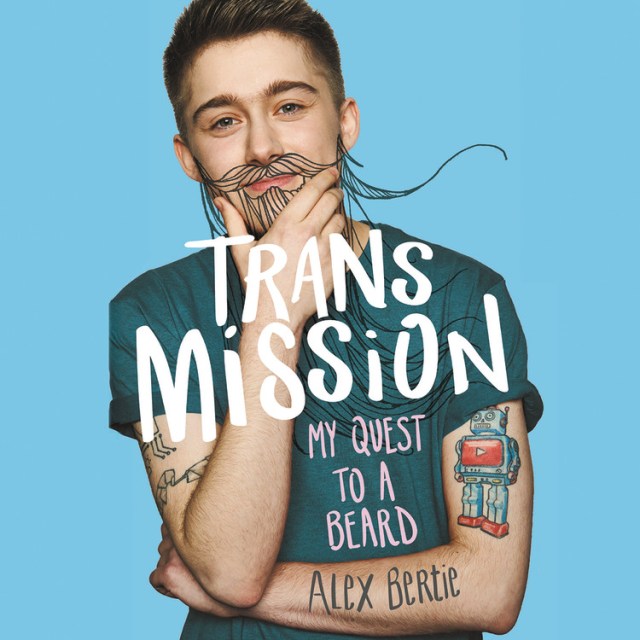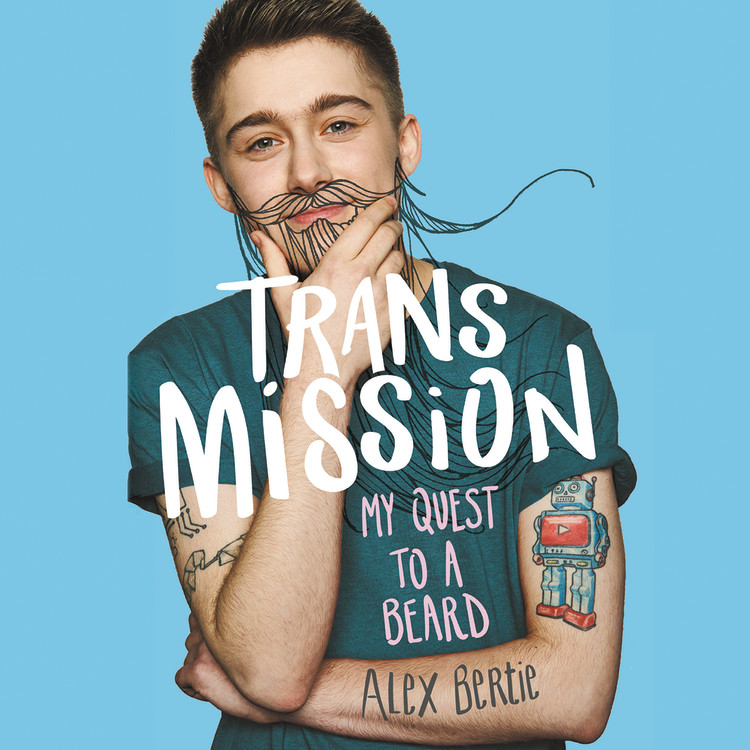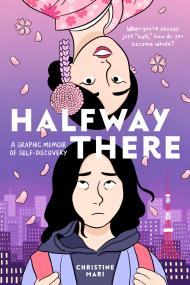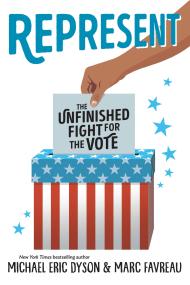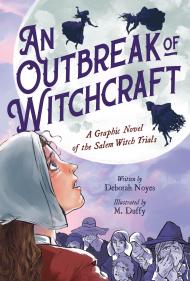By clicking “Accept,” you agree to the use of cookies and similar technologies on your device as set forth in our Cookie Policy and our Privacy Policy. Please note that certain cookies are essential for this website to function properly and do not require user consent to be deployed.
Trans Mission
My Quest to a Beard
Contributors
By Alex Bertie
Read by Alex Bertie
Formats and Prices
- On Sale
- May 14, 2019
- Publisher
- Hachette Audio
- ISBN-13
- 9781549148729
Format
Format:
- Audiobook Download (Unabridged)
- ebook $9.99 $12.99 CAD
- Trade Paperback $14.99 $19.99 CAD
This item is a preorder. Your payment method will be charged immediately, and the product is expected to ship on or around May 14, 2019. This date is subject to change due to shipping delays beyond our control.
Buy from Other Retailers:
A brave firsthand account of online personality Alex Bertie’s life, struggles, and victories as a transgender teen, as well as a groundbreaking guide for transitioning teens.
Long before he became known for his YouTube videos, Alex Bertie was an isolated, often-afraid transgender teenager looking for answers. In this revolutionary memoir and valuable resource, Alex recounts his life, struggles, and victories as a young trans man. Along the way, he provides readers with accessible, highly researched explanations of gender, sexuality, and transitions. He explores without judgment how complicated all these things can be, and how many equally authentic ways there are to live as yourself and find happiness.
It can be hard for questioning teens to believe in a brighter future, let alone find any sense of community. Here, with clarity and compassion, Alex writes as a supportive older brother for transitioning teens, their allies, their parents, and anyone looking to better understand others — and themselves.
-
"Bertie is an affable, conscientious, and informed guide who writes well and gives his readers an invaluable, potentially life-changing and -saving book. It is highly recommended."Booklist, starred review
-
"Blending autobiography and guidebook...Bertie serves as a relatable narrator who encourages his readers to do what they 'need to do to be happy' without ignoring the barriers they may face."Publishers Weekly
-
"Must read."NME
-
"The writing is lively and personal. The advice given is not preachy but rather practical and down-to-earth."The School Librarian
-
"Personal, straightforward, and upbeat.... An accessible, hopeful road map for youth in transition and their friends, families, and communities."School Library Journal
-
"Making both writer and narrator debuts (who else could voice his story so well?), Bertie shares his coming out with unflinching honesty, raw vulnerability, and affectingly gentle humor."Booklist, review of audio edition
Newsletter Signup
By clicking ‘Sign Up,’ I acknowledge that I have read and agree to Hachette Book Group’s Privacy Policy and Terms of Use
